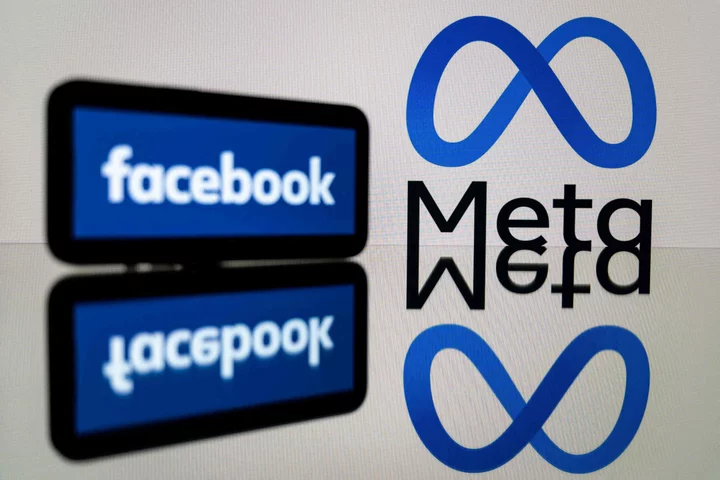
Meta's moderation failures incite hate and human rights abuses, according to Amnesty International
Meta, and its platform Facebook, are facing continued calls for accountability and reparations following accusations
2023-11-09 01:48

Lil Nas X's Toronto Film Festival documentary premiere delayed due to threat from a 'passerby,' police say
Lil Nas X's Toronto International Film Festival premiere for his documentary "Lil Nas X: Long Live Montero" was delayed Saturday while police investigated a threat in the area, officials confirmed to CNN on Sunday.
2023-09-11 03:15

Hollywood condems 'evil' of Hamas after Israel attack
Hundreds of Hollywood celebrities signed an open letter Thursday condemning the "barbaric acts" of Hamas fighters who murdered and abducted Israeli civilians...
2023-10-13 04:52

Fortnite Summer Escape Event Start Date
Fortnite Summer Escape Event starts on July 4 at 9 a.m. ET. The seasonal update will bring new quests, cosmetics, and POI changes to Fortnite Chapter 4 Season 3.
2023-06-27 23:43

Lana Del Rey's manager under fire after singer says she was unaware of submission process for Grammys
Lana Del Ray revealed she was unaware that she had to submit a song to be nominated for the Grammy Awards
2023-11-11 16:42
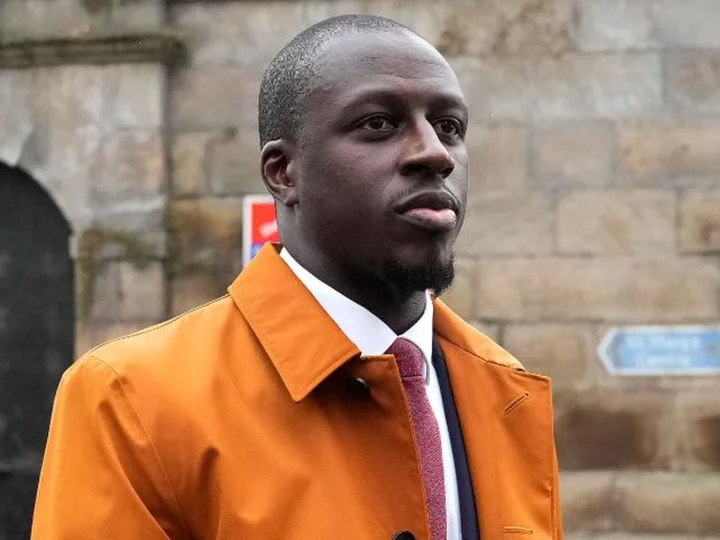
Former Manchester City footballer Benjamin Mendy found not guilty of rape and attempted rape
Former Manchester City footballer Benjamin Mendy has asked for privacy to begin "rebuilding his life" after he was found not guilty on a charge of rape and a separate charge of attempted rape.
2023-07-15 10:16

UK’s Apple Users Get a £100 Price Cut on New iPhone 15 Pro Model
Apple Inc.’s new iPhone 15 Pro will go on sale in the UK for about £100 ($125) cheaper
2023-09-13 15:33

Henrik Lundqvist headlines the Hockey Hall of Fame's goalie-heavy class of 2023
Henrik Lundqvist headlines the Hockey Hall of Fame's goaltender-heavy class of 2023
2023-06-22 03:54

'Avatar 3' pushed to 2025 and Disney sets two 'Star Wars' films for 2026
“Avatar: The Way of Water” may have finally arrived in theaters in 2022, but that long parade of “Avatar” delays isn’t done, yet
2023-06-14 01:14
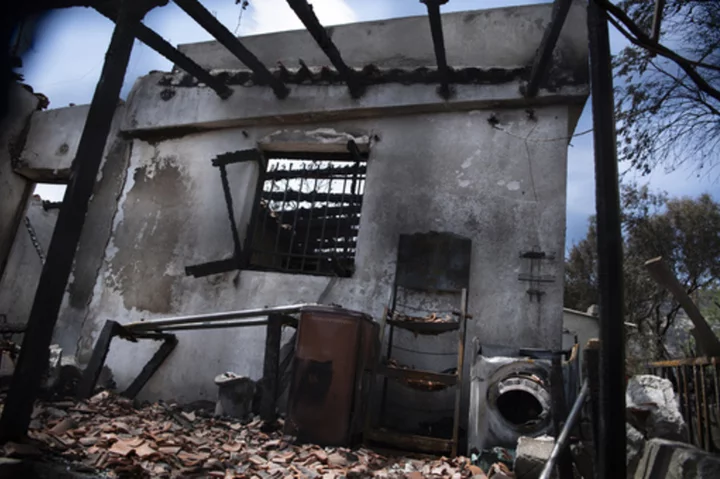
Massive wildfire in northeastern Greece persists for 11th day despite European firefighting efforts
A massive wildfire is burning unabated in northeastern Greece for the 11th day despite the efforts of hundreds of firefighters and a fleet of water-dropping aircraft
2023-08-29 21:52
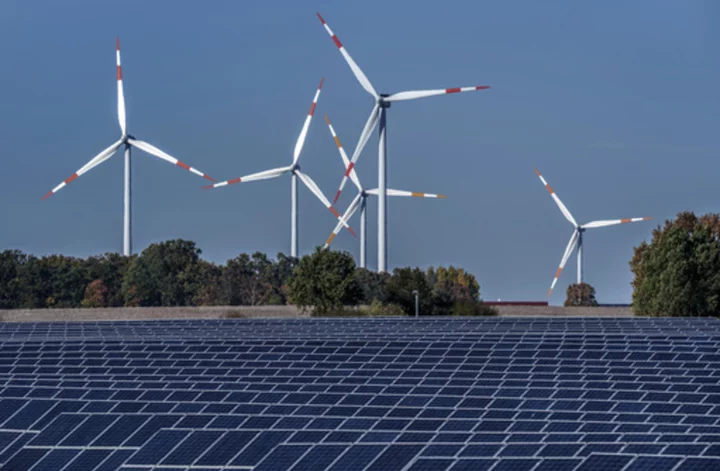
Germany hails EU deal on renewable energy raising target for 2030 to 45%
Germany welcomed a deal Friday among European Union countries to increase by more than a third the bloc’s renewable energy target for 2030
2023-06-17 05:02
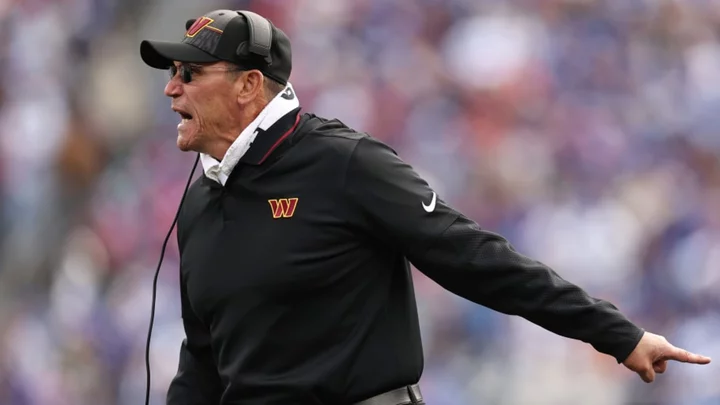
Ron Rivera is On the Hot Seat With the Washington Commanders
Ron Rivera's days are numbered with the Washington Commanders.
2023-11-01 03:16
You Might Like...

Ruben Neves says an emotional farewell to Wolves
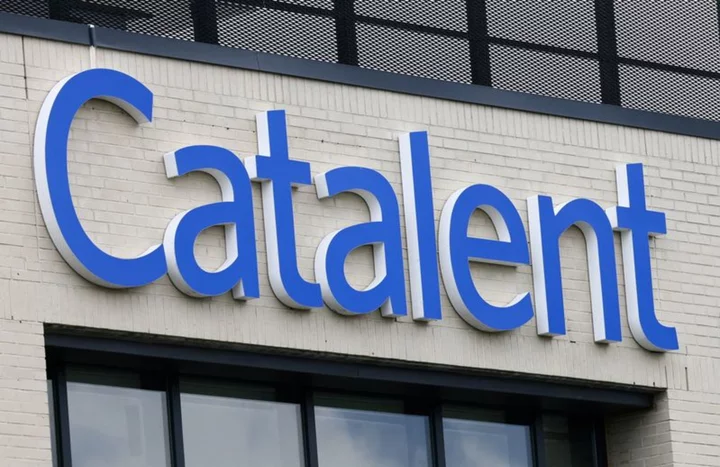
Contract drugmaker Catalent shows signs of recovery in Q1 revenue beat

Ousmane Dembele leaves Barcelona to join PSG on five-year deal

Why Are Blue and White the Colors of Hanukkah?

Marketmind: Soft landing fatigue
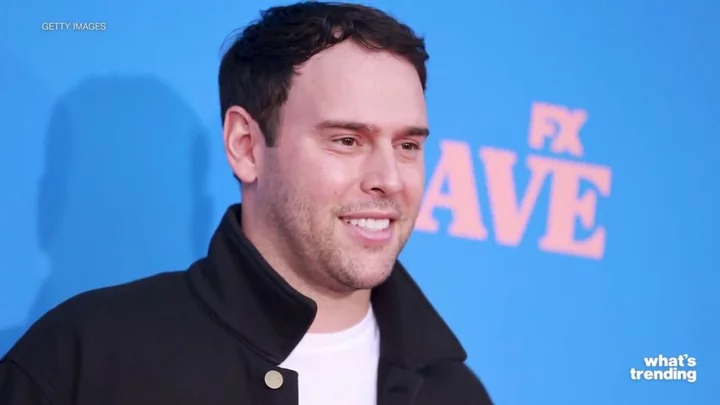
Ariana Grande and Demi Lovato ditching Scooter Braun arrives on two big Taylor Swift anniversaries

'AGT' makers blasted over 'not family safe' act from Bomba Circus aired on national TV: 'Full grown men playing with adult nudity'
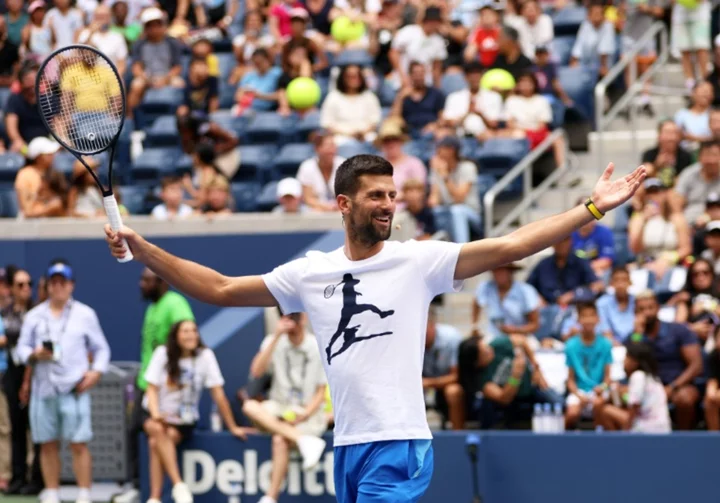
Djokovic eyes No.1 as US Open gets underway
